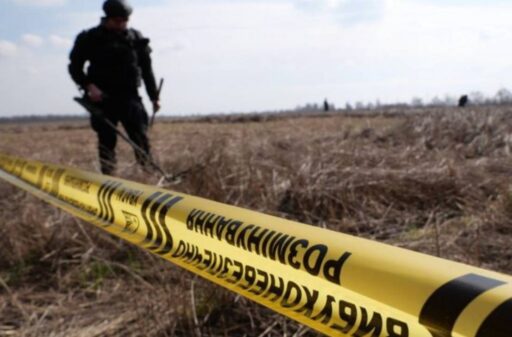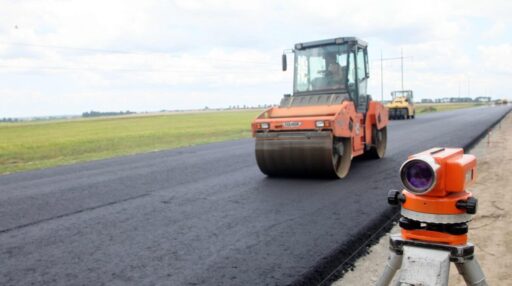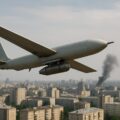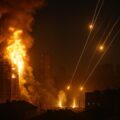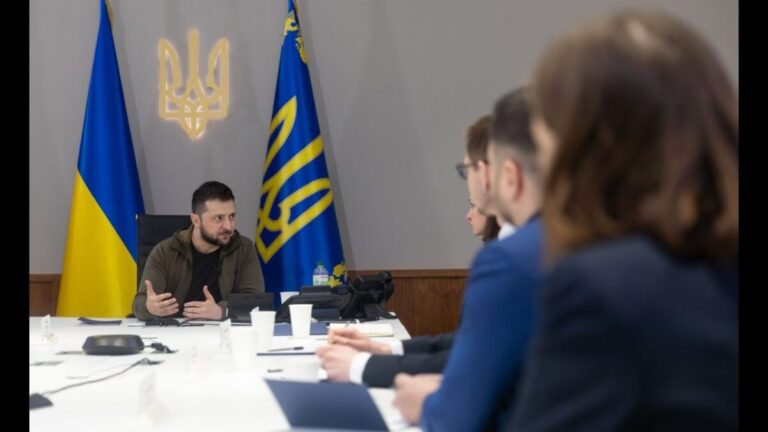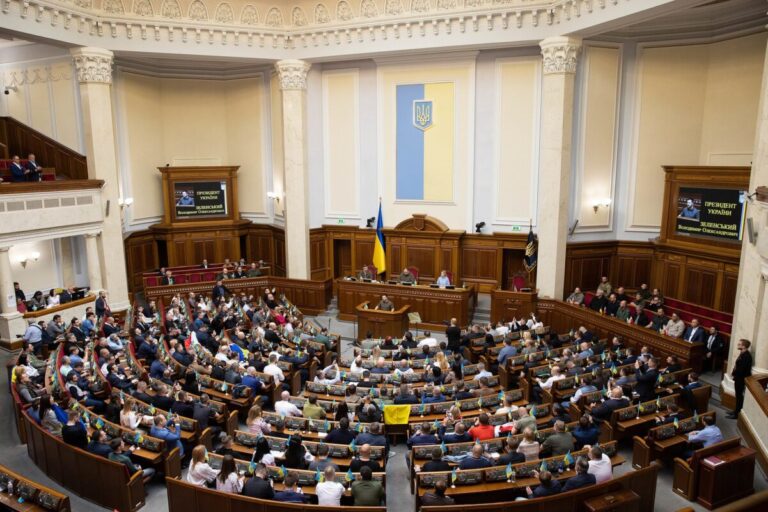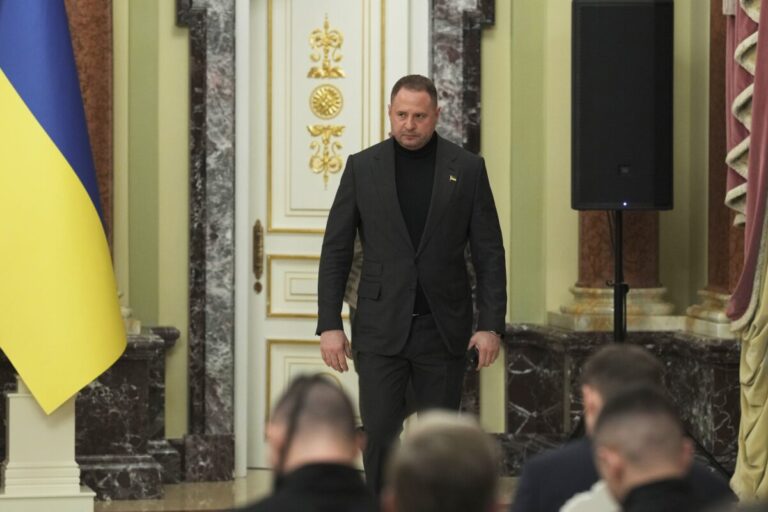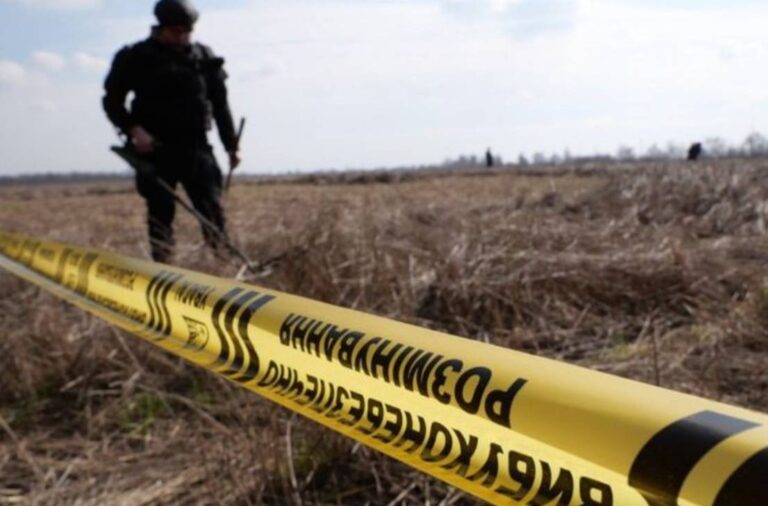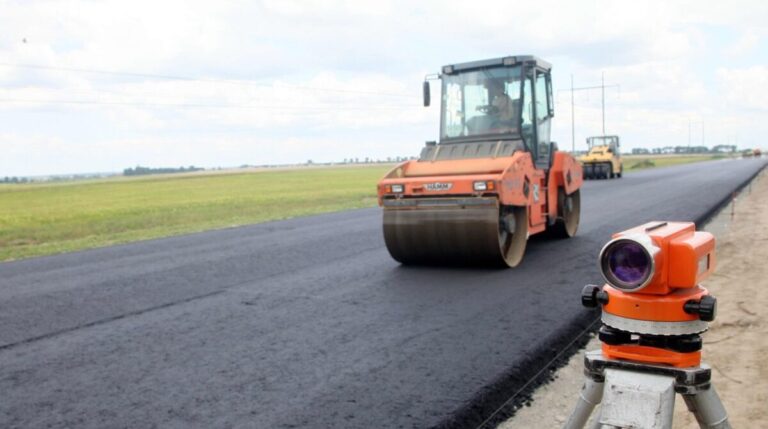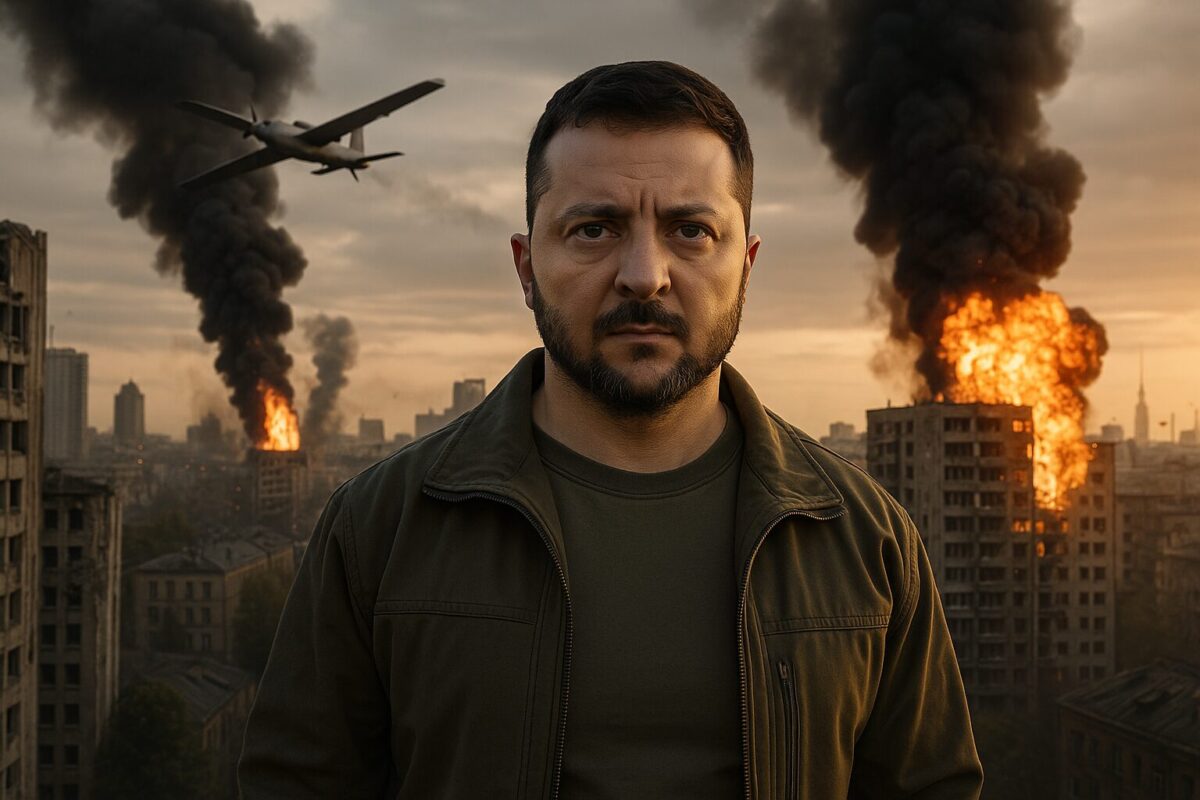
When Silence Kills: Why Zelenskyi’s Call for Action After Massive Attacks Must Not Be Ignored
June 10, 2025. Kyiv and Odesa come under one of the largest aerial attacks since the start of Russia’s full-scale war against Ukraine. Over 300 drones and missiles target residential districts, setting off explosions in seven Kyiv neighborhoods and damaging a maternity ward in Odesa.
President Volodymyr Zelenskyi, addressing the nation and the world, called this “one of the most massive strikes of the entire war.” His appeal was not just emotional — it was strategic: “Enough words. What we need is action. Air defense systems. Sanctions. Concrete steps — not sympathy.”
And that message resonated. Because this time, it wasn’t just another strike. It was a signal — to everyone.
What actually happened — and why it matters
Russian forces launched a coordinated overnight attack using Shahed drones and various missile types, with Ukrainian air defenses intercepting the majority. Still, dozens of targets were hit, causing fires, injuries, and civilian deaths.
Zelenskyi emphasized: “Even a downed drone is not harmless. The debris causes destruction. The terror is psychological. This isn’t just about defense — it’s about survival.”
And so, he publicly appealed to the United States, the European Union, and other allies to move from words to action:
- expedite the delivery of air defense systems,
- impose new, harsher sanctions on Russia,
- treat this not as a local conflict, but as a global security threat.
How the world responded
United States
No formal statement has been made by the White House yet. However, according to The Times and Washington Post, internal discussions are underway regarding:
- additional Patriot systems and interceptors,
- coordination with Israel and Taiwan to optimize global PVO (air defense) logistics,
- pushing back against Russian weapon imports from Iran and North Korea.
Polls show 62% of Americans support increased sanctions, despite fatigue and concerns over aid diversion to the Middle East. Zelenskyi’s message landed — and now it’s up to Washington to respond.
European Union
The 18th package of EU sanctions is being finalized, with the following key provisions:
- Lowering the oil price cap from $60 to $45 per barrel, cutting a major income stream for Russia.
- Blacklisting companies facilitating sanctions evasion, including shadow fleet operators.
- Adding restrictions on Russian banks and logistics firms connected to defense.
European Commission President Ursula von der Leyen stated bluntly: “Force is the only language Russia understands.”EU leaders from France, Germany, Poland, and the Baltics are aligned. Only Hungary and Slovakia continue to hesitate.
Revelant
What’s at stake?
Sanctions don’t stop missiles in mid-air — but they cut off the financial oxygen that funds Russian aggression. A reduced oil price cap means billions in lost revenue. A weakened ruble. Less money for missiles and propaganda.
Air defense systems, on the other hand, save lives immediately. “PVO is not a privilege,” Zelenskyi said. “It’s a basic right — the right to not be killed in your own home.”
Without new supplies, Ukraine’s cities remain vulnerable. The psychological cost is immeasurable — and Russia knows it.
What happens if the West stays silent?
- More attacks. Bigger strikes. More civilian deaths.
- Shattered public morale inside Ukraine.
- A signal to Russia that escalation comes without cost — a dangerous precedent for Europe’s own security.
This is why Zelenskyi does not plead. He demands.
Zelenskyi’s call is not just a plea for weapons. It is a mirror held up to the West: Will you act — or merely watch?
Because today, silence is no longer neutral. It emboldens aggression. And every unheeded warning comes back — not just to Ukraine, but to every country that believes in rules, justice, and peace.
The West doesn’t need more time. It needs to choose. Now.


